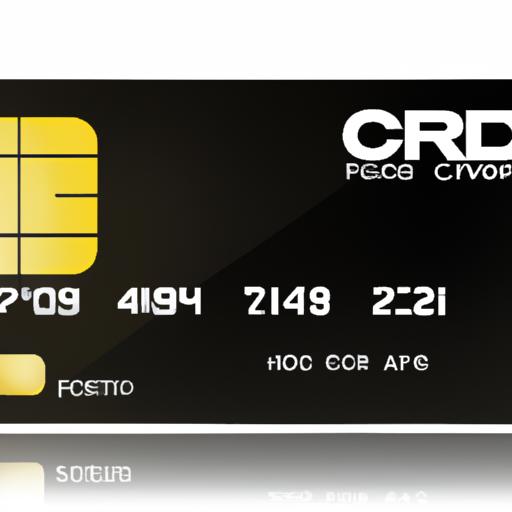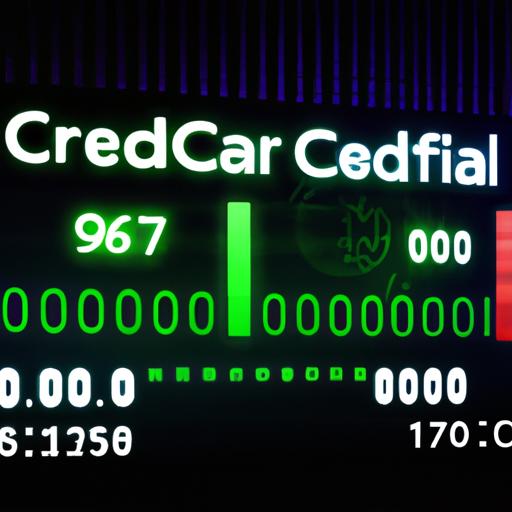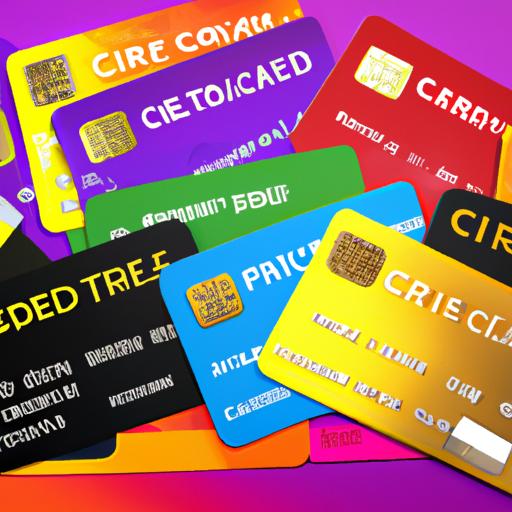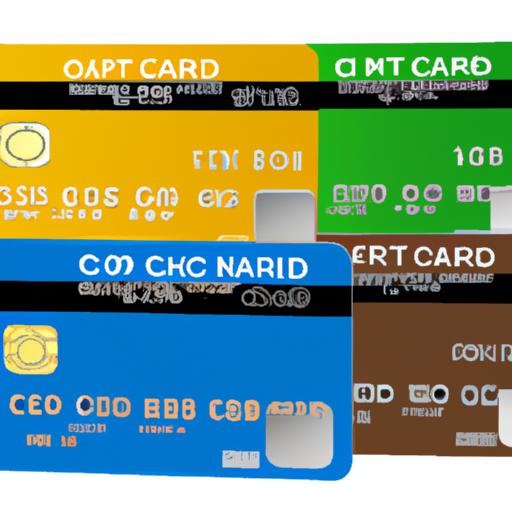Credit Card Debt 2022: Strategies for Effective Management
Introduction
In 2022, the issue of credit card debt continues to loom large, affecting countless individuals and families worldwide. The allure of easy spending paired with high-interest rates has led many down a precarious financial path, making it crucial to address this pressing concern head-on. Understanding the nuances of credit card debt and implementing effective management strategies can make all the difference in securing a stable financial future.
Managing credit card debt effectively is not just a matter of financial prudence; it is a critical step towards achieving long-term financial stability and peace of mind. By taking proactive steps to tackle credit card debt head-on, you can regain control of your finances and pave the way for a brighter financial future. Let’s delve deeper into the world of credit card debt in 2022 and explore strategies to navigate this financial landscape successfully.
Understanding Credit Card Debt
Definition of Credit Card Debt
Credit card debt refers to the amount of money that an individual owes to credit card companies for purchases made using credit cards. This debt typically incurs interest, which can accumulate over time if not paid off promptly. It is essential to distinguish between revolving credit, where the balance can carry over from month to month, and non-revolving credit, where the full amount must be paid off each month.
Factors Contributing to Credit Card Debt in 2022
In 2022, various factors contribute to the accumulation of credit card debt. The ease of online shopping, coupled with enticing rewards programs and promotional offers, can tempt individuals to overspend beyond their means. Additionally, unexpected financial emergencies, job loss, or medical expenses can also lead to the reliance on credit cards to cover essential costs, further exacerbating debt levels.
Impact of Credit Card Debt on Financial Health
The impact of credit card debt on financial health can be significant and far-reaching. High-interest rates associated with credit card debt can lead to a cycle of debt accumulation, making it challenging to break free from the burden of repayment. Moreover, carrying a high amount of credit card debt can negatively impact credit scores, limiting access to future credit and potentially hindering financial opportunities. It is crucial to understand the implications of credit card debt on overall financial well-being and take proactive steps to address and manage it effectively.
Strategies for Managing Credit Card Debt in 2022
Creating a Budget and Tracking Expenses
One of the fundamental strategies for managing credit card debt effectively is to create a comprehensive budget that outlines your income and expenses. By tracking your spending habits, you can identify areas where you may be overspending and make necessary adjustments to stay within your financial means. Setting clear financial goals within your budget can help you prioritize debt repayment and allocate funds accordingly.
Setting Up Automatic Payments
Automating your credit card payments can be a game-changer in managing your debt. By setting up automatic payments for at least the minimum amount due each month, you can avoid late fees and penalties that can further exacerbate your debt. Additionally, automating payments ensures that you never miss a payment, helping you maintain a positive credit history and improve your credit score over time.
Negotiating with Creditors for Lower Interest Rates
Don’t hesitate to reach out to your creditors to negotiate lower interest rates on your credit card debt. Many creditors are willing to work with you to find a mutually beneficial solution that makes debt repayment more manageable. By lowering your interest rates, you can reduce the overall cost of your debt and accelerate your journey towards financial freedom.
Consolidating Debt Through Balance Transfers or Personal Loans
Consolidating your credit card debt through balance transfers or personal loans can streamline your repayment process and potentially lower your interest rates. By consolidating multiple debts into a single payment, you can simplify your financial obligations and make it easier to track your progress towards debt freedom. However, it’s essential to carefully consider the terms and fees associated with debt consolidation to ensure it aligns with your financial goals.
Tips for Avoiding Credit Card Debt in 2022
Using Credit Cards Responsibly
When it comes to managing credit card debt, one of the most fundamental tips is to use credit cards responsibly. This means only charging expenses that you can afford to pay off in full each month. By avoiding carrying a balance and paying interest, you can prevent credit card debt from snowballing out of control.
Avoiding Unnecessary Purchases
Another crucial tip for avoiding credit card debt in 2022 is to steer clear of unnecessary purchases. Before making a purchase, ask yourself if it is a need or a want. By distinguishing between essential and non-essential expenses, you can prioritize your spending and avoid accumulating debt on your credit cards.
Building an Emergency Fund
Building an emergency fund is a key strategy for safeguarding against unexpected expenses that might otherwise lead to credit card debt. By setting aside a portion of your income each month into a dedicated emergency fund, you can create a financial safety net to cover unforeseen costs without relying on credit cards.
Seeking Financial Counseling if Needed
If you find yourself struggling with credit card debt or financial management in general, don’t hesitate to seek professional financial counseling. A financial counselor can provide personalized guidance and support to help you navigate your financial challenges and develop a plan to avoid credit card debt in the future.
Resources for Managing Credit Card Debt in 2022
Online Tools for Tracking Expenses and Budgeting
In the digital age, numerous online tools and apps are available to help individuals track their expenses and create a realistic budget. Platforms like Mint, YNAB (You Need A Budget), and PocketGuard allow users to monitor their spending habits, categorize expenses, and set financial goals. By leveraging these tools, individuals can gain a comprehensive overview of their financial situation and make informed decisions to manage credit card debt effectively.
Credit Counseling Services
Credit counseling services provide valuable guidance and support for individuals struggling with credit card debt. These non-profit organizations offer personalized financial counseling, debt management plans, and budgeting assistance to help individuals regain control of their finances. By working with a credit counselor, individuals can develop a tailored plan to address their credit card debt and establish healthy financial habits for the future.
Debt Consolidation Options
Debt consolidation can be a viable solution for individuals juggling multiple credit card debts. Consolidating debts through a personal loan or balance transfer credit card can streamline payments, reduce interest rates, and simplify the repayment process. By consolidating high-interest debts into a single manageable payment, individuals can potentially lower their overall debt burden and make progress towards becoming debt-free.
Government Resources for Financial Assistance
In times of financial hardship, government resources can provide a safety net for individuals struggling with credit card debt. Programs like debt relief grants, low-income assistance, and budgeting workshops offer support and resources to help individuals navigate challenging financial situations. By exploring these government resources, individuals can access valuable assistance and guidance to alleviate the burden of credit card debt.






